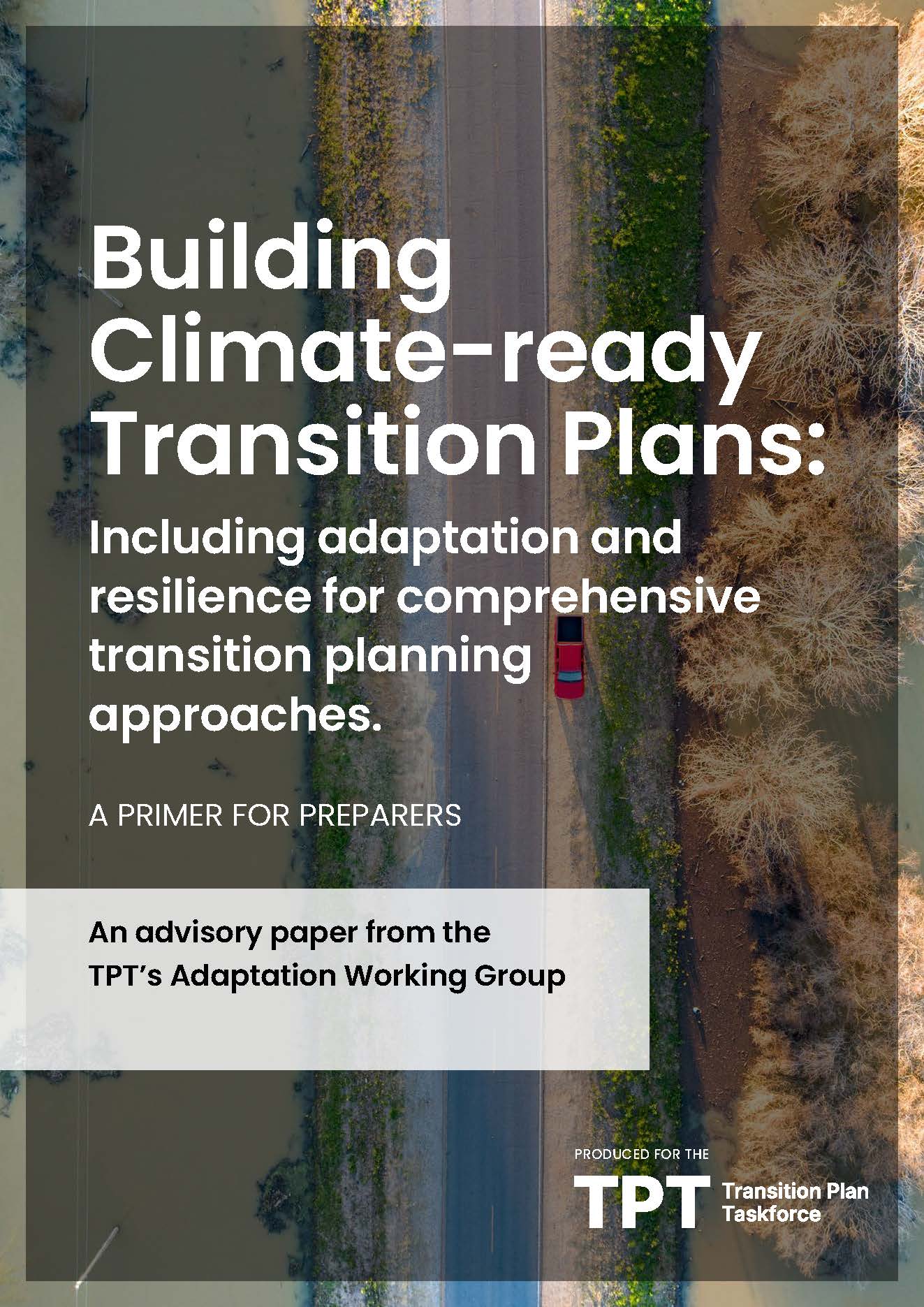Our approach to engagement and divestment
Our deep commitment to Responsible Investment is inherent in our partnership. It drives us, and our clients, to focus on delivering real-world change. Our active ownership utilises robust engagement (with policy makers, companies and financial market participants) as a primary tool.
Our Climate Change Policy 2023-30 states our commitment to achieving Net Zero well before the 2050 deadline. It also acknowledges that the financial system is not fit for purpose to deliver a world that limits global warming to well below 2°C, ideally to 1.5°C. It is essential we change the system, not just our portfolios, and so we employ both a top-down and a bottom-up approach – influencing the system through policy advocacy at a systemic level, as well as through engagement.
Nevertheless, we also commit to selectively divest from fossil fuels and other carbon-intense companies, if they present a material investment risk – for example, the risk of ‘stranded assets’ – or if they do not demonstrate appropriate progress on alignment with our objectives.
Our support for selective divestment extends to all areas of Responsible Investment, where the environment, social and governance risks present a material risk to long-term financial performance. Brunel expects managers to take these decisions independently.
We believe employing the full range of tools within the RI & Stewardship toolkit has maximised our effectiveness and impact. This is evidenced by a c.90% decrease in fossil fuel reserves intensity (as at 31/12/2023 vs 2019 baseline).
Policy advocacy – changing the system
Brunel, and all our partnership funds, operate within a regulatory framework. This is very different to the frameworks in which charities, endowments or, indeed, asset owners and managers in other countries operate. Policy advocacy is essential to upgrade the financial system to one which is fit for a low-carbon future.
Our policy advocacy work can be seen in our library.
Our policy advocacy work ranges from supporting policy makers and regulators, to responding to consultations, providing advice, participating on working groups coordinating, and signing letters.
Within all our activities, we promote the need for the Just Transition to be a material consideration. We also advocate for mandatory climate disclosures, challenge fossil fuel subsidies and ask for positive policies to encourage actions that assist with decarbonising our economy.
We support moves to apply a price on carbon, and to incentivise green investment.
Climate: TPT – Getting Adaptation on the Agenda

Faith Ward, CRIO at Brunel was an intrinsic part of the team developing resources on behalf of Transition Plan Taskforce (TPT). In addition to being a member of the TPT Delivery Group, Faith co-led the working group on adaptation, creating a dedicated primer for preparers on adaptation. The guide tackles adaptation-specific issues to consider when planning corporate adaptation, such as handling deep uncertainty, risk assessment, synergies and trade-offs with mitigation, and prioritizing early action, and priorities for policymakers on what more needs to be done to strengthen adaptation within the transition plan ecosystem. This work ensures adaptation is included in corporate climate transition planning and compliments the wider suite of resources available for corporates, assets managers and asset owners.
TPT’s outputs support the creation of consistent, comparable company reports, and reduce the level of disclosure complexity faced by firms. Brunel is already embedding transition plan disclosure requirements into its climate stewardship requirements and envisages transition plans becoming a core requirement in its climate strategy.
More information is available on the ITPN adaption pages.
Investing positively
However, we are not waiting on systemic change. The managers of our sub-funds already invest extensively in renewable energy as well energy efficiency, public transport, smart grid and other technologies that support the transition.
Climate: InstaVolt, Critical infrastructure to decarbonise the UK’s transportation sector
InstaVolt is a leading independent rapid charge point network owner and operator for electric vehicles (EVs), critical infrastructure to support the necessary mass adoption of EVs to enable decarbonisation of the U.K.’s transportation sector. As of December 31, 2023, the company has installed a nationwide network of over 1,300 charge points that are powered by 100% renewable energy. The charge points are often situated at retail, food, beverage, and forecourt sites to offer convenient service for end-users to combine their charge with other day-to-day activities.
EQT Infrastructure is committed to invest significantly in InstaVolt’s accelerated roll-out of charge points to reach a nationwide network of 10,000 rapid EV chargers by 2030 and build the network necessary to support the ban on internal combustion engine vehicles in the U.K. by 2035.
At the time of publication (May 2024) InstaVolt were held in our Private Equity – Cycle 1 portfolio.
Engaging for impact
Our multi-pronged approach to engagement enables us to extend our stewardship efforts across a large number of assets. We apply four key channels:
- Asset managers – our first line of defence in the management of all portfolio-related risks
- Our specialist overlay provider – EOS at Federated Hermes (EOS) supports consistency of approach and long-term engagement. It also provides thematic experts with a deeper understanding to enhance the impact of engagement
- Collaborative initiatives – working with peers and others to address systemic issues and leverage the strength of numbers for change
- Direct engagement – where we think it will add value or strengthen work undertaken by managers, or our policy advocacy activity
To ensure that both engagement dialogues and our approach to voting remain effective, we embed Responsible Investment firmly into manager monitoring, linking everything to our Responsible Investment priorities and expectations.
Climate Alignment
Brunel set out clear expectations to guide asset managers and the wider market in relation to Paris Alignment. We therefore set out the framework in our Climate Change Policy 2023-2030 (updated June 2024) and how we evaluate and consider climate-controversial companies. We provide more detail on our ‘Assessing Climate Alignment for action’ page and within our Climate Change Progress Report 2024.